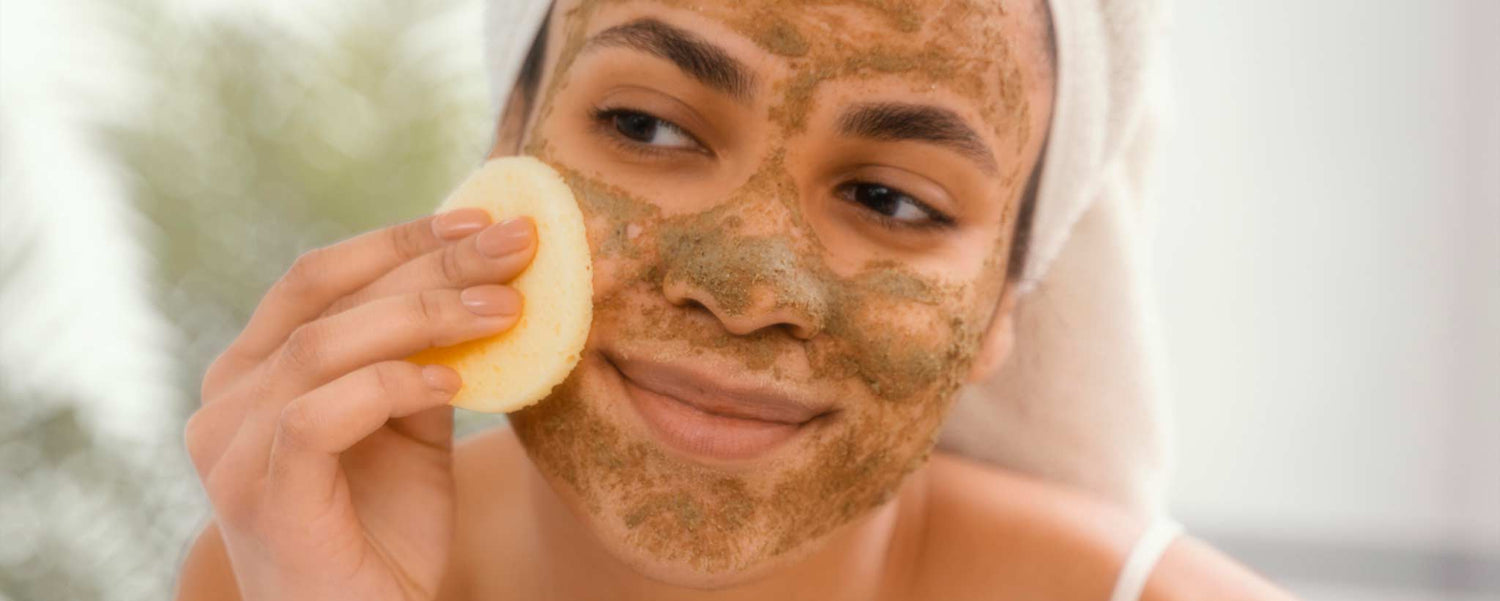Are you struggling with facial skin peeling and hardening? Find out what you can do to prevent and manage this common condition.
Why Is Your Facial Skin Hardening and Peeling?
You hide peeling skin on your ankles with socks and lotion, but your face is front and center of every in-person conversation. Facial skin that is hardening and peeling can be a frustrating and uncomfortable experience. It can also be a sign of underlying dermatological or nutritional issues. In this article, we will discuss some of the possible causes of facial skin hardening and peeling, along with supporting references.
1. Dry Skin
One of the most common causes of facial skin hardening and peeling is dry skin. When the skin is dry, it can become rough, scaly, and prone to peeling. Dry skin can be caused by a variety of factors, including harsh soaps or skincare products, cold weather, low humidity, and hot showers or baths.
To treat dry skin, it’s important to keep the skin moisturized. Using a gentle, fragrance-free moisturizer can help to hydrate and soothe the skin. Additionally, avoiding hot showers or baths and using mild, fragrance-free skincare products can help to prevent further irritation.
2. Eczema
Eczema is a common skin condition that can cause red, itchy, and inflamed skin. Over time, the skin can become dry, hard, and scaly, which can lead to peeling. Eczema can be caused by a variety of factors, including genetics, allergies, and environmental factors.
To treat eczema, it’s important to identify and avoid triggers that can exacerbate symptoms. This may include avoiding harsh soaps or skincare products, managing stress, and avoiding certain foods that can trigger allergic reactions. Topical creams or ointments may also be prescribed to soothe and hydrate the skin.
3. Psoriasis
Psoriasis is a chronic autoimmune condition that causes thick, scaly patches of skin. These patches can be itchy, painful, and prone to peeling. Like eczema, psoriasis can be caused by a variety of factors, including genetics, environmental factors, and an overactive immune system.
To treat psoriasis, a variety of topical creams, oral medications, and light therapy may be used to manage symptoms. In some cases, lifestyle changes such as reducing stress and avoiding certain triggers may also be helpful.
4. Nutritional Deficiencies
Nutritional deficiencies can also contribute to facial skin hardening and peeling. Deficiencies in vitamins A, B vitamins, vitamin C, and zinc can all cause the skin to become dry, hard, and prone to peeling. Inadequate water intake can also lead to dehydration, which can make the skin appear dry and rough.
To address nutritional deficiencies, ensure that you are consuming a well-balanced diet that includes plenty of fruits, vegetables, whole grains, lean protein, and healthy fats. It’s also important to drink adequate water to keep the skin hydrated and healthy. Consuming diuretics, like caffeinated beverages or medication, while drinking insufficient water might dry your skin.
5. Allergic Reactions
Allergic reactions to skincare products, cosmetics, or even food can cause the skin to become inflamed, itchy, and prone to peeling. Allergic reactions can be caused by a variety of factors, including genetics, environmental factors, and exposure to allergens over time.
To treat allergic reactions, identify and refrain from triggers that exacerbate symptoms. This may include avoiding certain skincare products or cosmetics, managing stress, and avoiding foods that can trigger allergic reactions. In some cases, antihistamines or topical creams may also be prescribed to manage symptoms.
6. Contact Dermatitis
Contact dermatitis is a type of skin inflammation that occurs when the skin comes into contact with an irritant or allergen. This can lead to symptoms such as redness, itching, swelling, and peeling. Common irritants and allergens include soaps, detergents, cosmetics, and metals such as nickel.
To treat contact dermatitis, isolate and avoid the irritant or allergen that is causing the reaction. Topical creams or ointments may also be prescribed to soothe and hydrate the skin.
There are several possible causes of facial skin hardening and peeling. These include dry skin, eczema, psoriasis, nutritional deficiencies, allergic reactions, and contact dermatitis. Identifying the underlying cause of your symptoms is important for developing an effective treatment plan.
If you’re experiencing facial skin hardening and peeling, it’s a good idea to consult with a dermatologist or healthcare professional for an accurate diagnosis and treatment recommendations.
Enjoy more articles about dermatology here, or explore ClinicalInsights or ClinicalNovellas.
ClinicalPosters offers human anatomy charts, scientific posters, and other services that compliment articles about dermatology. Slide extra posters into DeuPair Frames without removing from the wall.
Show your support by leaving an encouraging comment to keep the research going.
Support the writing of useful articles about dermatology by exploring human anatomy charts, scientific posters, and other products online. You may sponsor specific articles.
ClinicalPosters provides human anatomy charts, scientific posters, and other products that compliment useful articles about dermatology.
ClinicalPosters offers human anatomy charts, scientific posters, and other products online.
You can sponsor useful articles about dermatology or donate to further research. Visible content is optimized for device size.





 Romance & Health Intertwine. Fall in love with a captivating romance miniseries that explores the essence of well-being. Become a ClinicalNovellas member for heartwarming tales.
Romance & Health Intertwine. Fall in love with a captivating romance miniseries that explores the essence of well-being. Become a ClinicalNovellas member for heartwarming tales.





